Blog
¿Valen la pena las baterías? 2022?
La demanda de almacenamiento en baterías solares continúa aumentando a medida que más australianos buscan dar el siguiente paso en su viaje solar y adoptar un estilo de vida más autosuficiente.. El almacenamiento en batería permite almacenar la electricidad solar no utilizada en una batería para su uso posterior., en lugar de enviarlo de vuelta a la red por una cantidad mínima. La energía almacenada …
Industria mundial de baterías de iones de litio para 2028 – Crecimiento, Perspectivas futuras
Dublín, Feb. 17, 2021 (NOTICIAS DEL MUNDO) — El “Mercado de baterías de iones de litio por tipo de celda, Por aplicación – Crecimiento, Perspectivas futuras, Y análisis competitivo, 2020 -2028” El informe se ha agregado a la oferta de ResearchAndMarkets.com.. Este informe ofrece información estratégica sobre el mercado global de baterías de iones de litio junto con el tamaño del mercado y estimaciones de duración. 2018 a 2028. dicha investigación …
baterías de litio: cilíndrico versus prismático
En general, Las baterías de litio aportan una amplia gama de beneficios diferentes que son difíciles de conseguir. – si no imposible – replicar de cualquier otra manera. También conocidas comúnmente como baterías de litio-metal. (debido a que utilizan litio como ánodo), Por lo general, son capaces de ofrecer una densidad de carga muy alta. (leer: vida útil más larga) que …
Sistema de almacenamiento de energía con batería de fosfato de hierro y litio
Sistema de almacenamiento de energía con batería de fosfato de hierro y litio La batería de fosfato de hierro y litio tiene una serie de ventajas como seguridad y confiabilidad, alto voltaje de trabajo, alta densidad de energía, tiempos de ciclo largos, larga vida útil, y protección del medio ambiente. Y puede apoyar la expansión de la capacidad., y puede realizar almacenamiento de energía eléctrica a gran escala después de formar un sistema de almacenamiento de energía. El hierro litio …
¿Cuánto tiempo se tarda en cargar una batería LiPo??
Depende de la capacidad de la batería y de la corriente que le entrega el cargador.. Si tienes una batería de 1000mAH, y la corriente de carga es de 1000mA, tardará aproximadamente una hora en llegar 0% cargado a 100%. Si el cargador suministra el doble de corriente, tardará la mitad en cargarlo, entonces …
Cómo mantener las baterías de litio de almacenamiento de energía
Las baterías de litio recién compradas se cargarán en fábrica con antelación., para que los clientes puedan usarlos directamente cuando reciban las baterías. Luego usa la energía restante y recárgala.. Después 2 a 4 tiempos de uso normal, La actividad de la batería de litio se puede activar completamente.. Aquí hay un recordatorio especial.: No confunda otros vendedores no profesionales o rumores …
¿Se pueden recargar las baterías de iones de litio colocándolas a la luz del sol??
No, Las baterías de Litio Hierro no se pueden recargar sin cargador (que puede funcionar con energía solar) pero “iones de litio (Baterías de litio hierro) también funciona mejor a altas temperaturas que a bajas. El calor reduce la resistencia interna pero esto estresa la batería.. Calentar una linterna agotada o la batería de un teléfono celular en el bolsillo de sus jeans puede proporcionar tiempo de funcionamiento adicional en el …
¿Son peligrosos los paquetes de baterías de iones de litio hechos a medida??
No, Los paquetes de baterías de iones de litio hechos a medida no son peligrosos.. Son ecologicos. Son más seguros que otros paquetes de baterías.. Porque en la actualidad, Reduce la emisión de dióxido de carbono de los vehículos diésel o de combustible controlado.. Estos vehículos utilizan paquetes de baterías de iones de litio hechos a medida para fines operativos, lo que es más confiable.. Lo más importante es que no necesitas ninguna experiencia para usarlo. …
¿Cómo se cobran una solarbattery sin sol?? sin sol?
Los cargadores que funcionan con energía solar utilizan la energía del sol y no la luz del día inmediata., La luz del día directa ofrece las mejores condiciones, ya que es la que menos se difunde a través de la nube.. En efecto, Incluso la posición del sol a lo largo del tiempo está muy influenciada simplemente por la medida del entorno por el que pasan los rayos.. Las nubes tenues y espesas consumirán definitivamente más luz que las ligeras nieblas blancas. …
¿Por qué los recicladores electrónicos no se descargan baterías de león antes de la extracción??
Tarda mucho tiempo para descargar baterías en las mejores circunstancias, pero en un contexto de gestión de residuos simplemente no es práctico. Para descargar una batería, necesita tener acceso a los terminales que para la mayoría de los dispositivos requerirían un desmontaje cuidadoso del dispositivo host seguido de la conexión a esos terminales con un dispositivo que limite la corriente …
¿Las baterías de litio son cada vez más baratas??
como pilas, Las células solares se pueden conectar en serie y en paralelo para obtener voltajes y corrientes más altos.. … Tenga en cuenta que 2,40 V/celda para plomo ácido y 4,20 V/celda para iones de litio son los umbrales de voltaje de carga completa.. Los controladores de carga también están disponibles para iones de litio para cargar paquetes de 10,8 V. (3 células en serie).
¿Cómo funciona un sistema de energía solar para el hogar??
¿Cómo funciona un sistema de energía solar para el hogar?, ¿Cómo funciona un sistema de energía solar para el hogar?. ¿Cómo funciona un sistema de energía solar para el hogar?, ¿Cómo funciona un sistema de energía solar para el hogar?. ¿Cómo funciona un sistema de energía solar para el hogar?. Si los paneles solares producen más energía de la que usted utiliza, entonces el sistema interno …






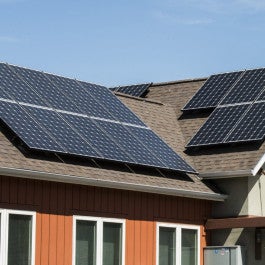

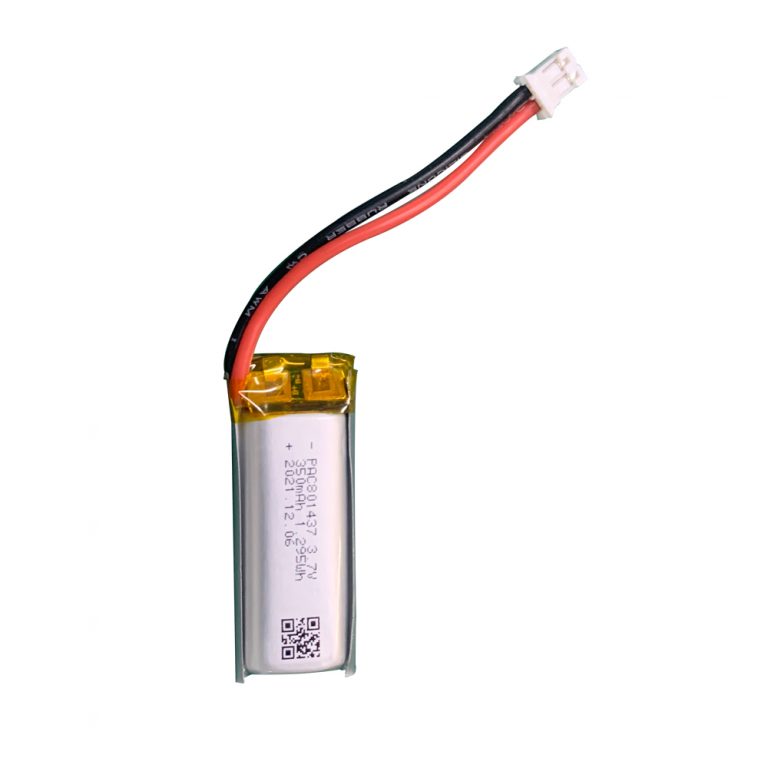
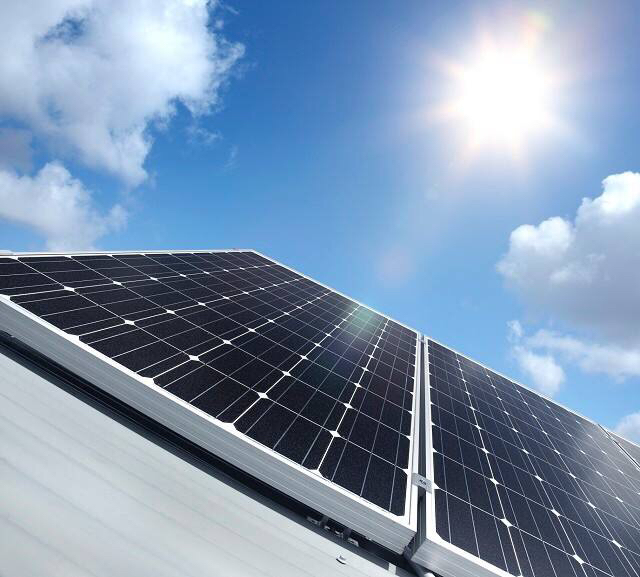
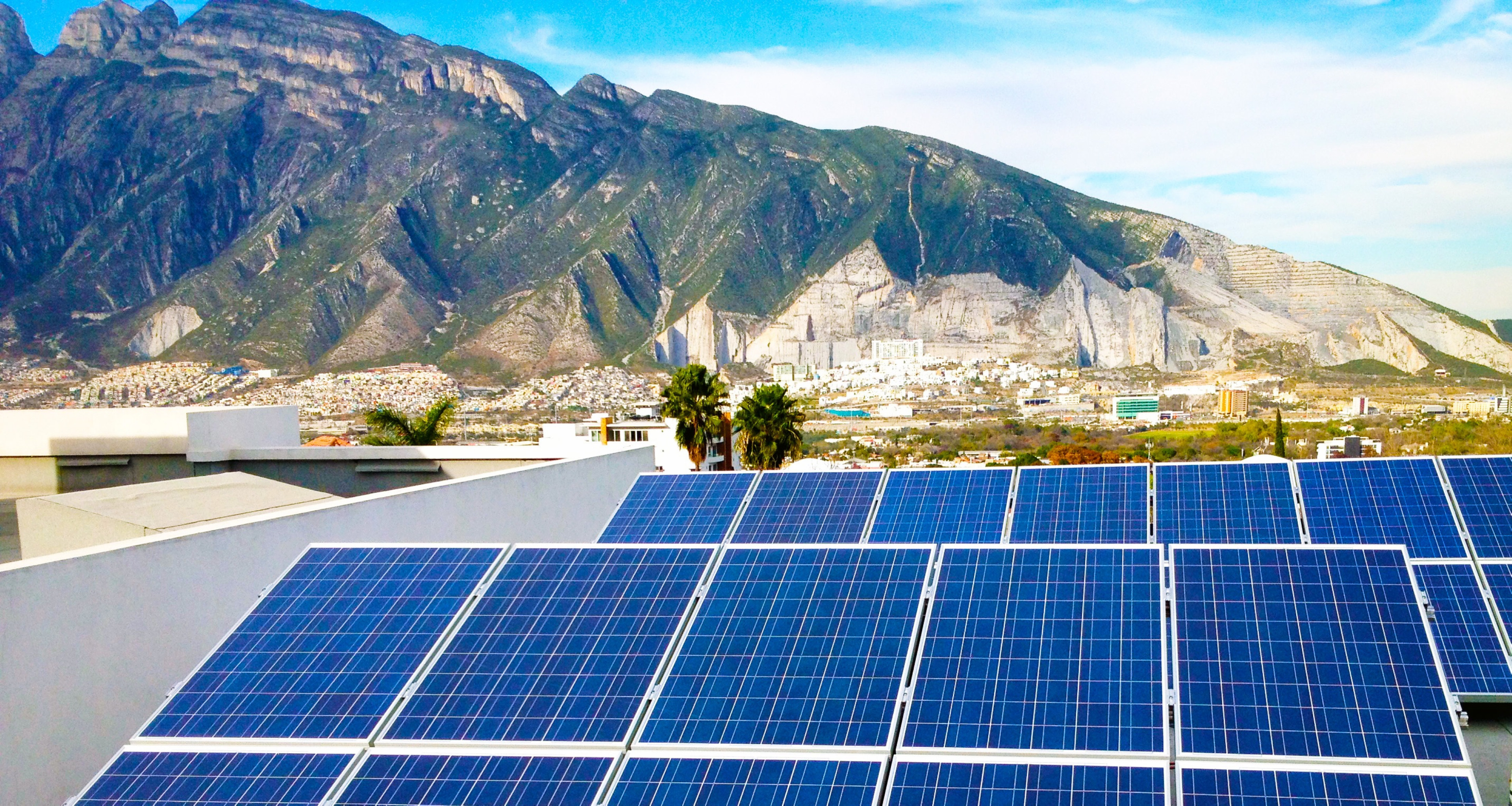


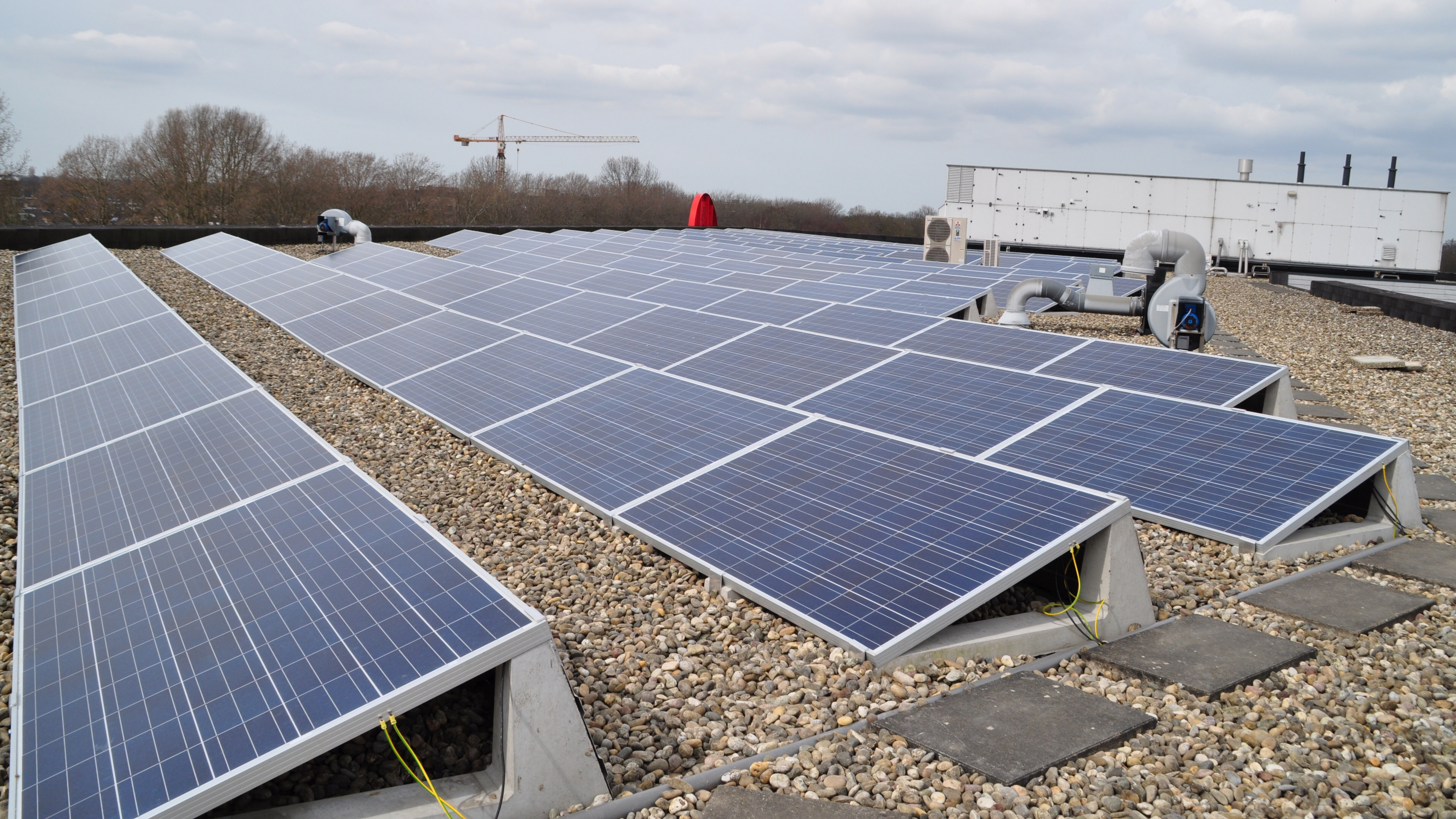
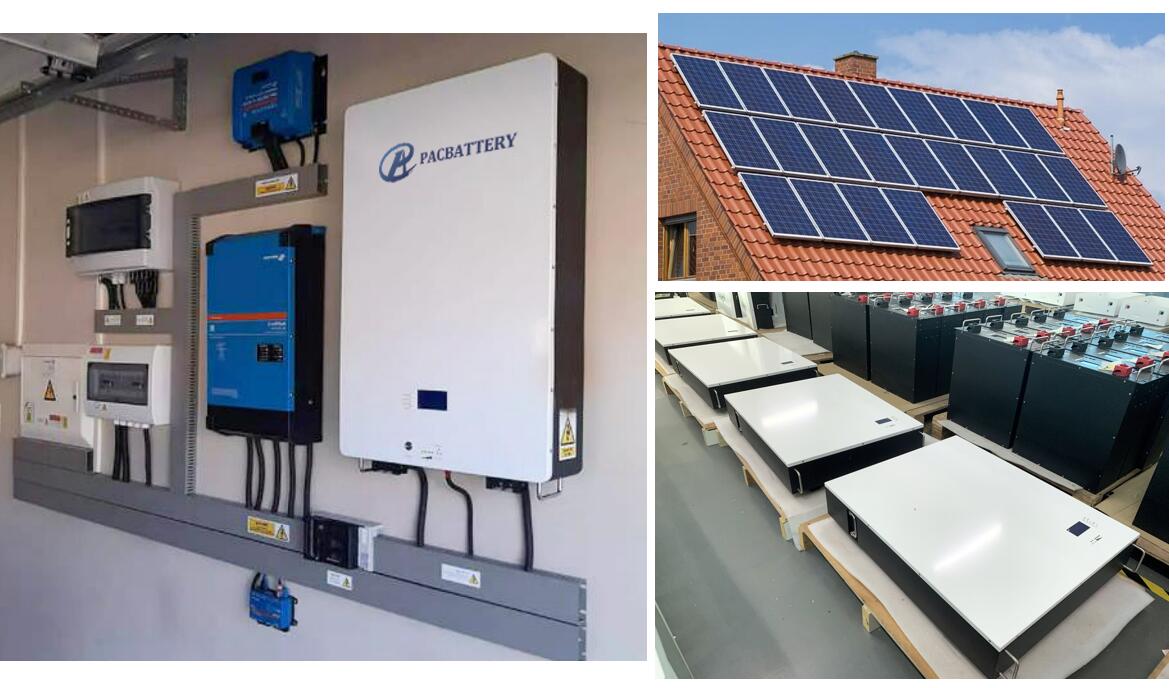
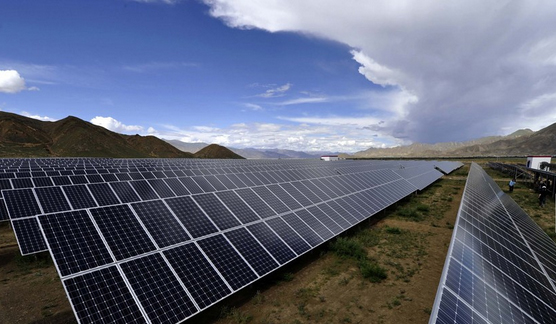
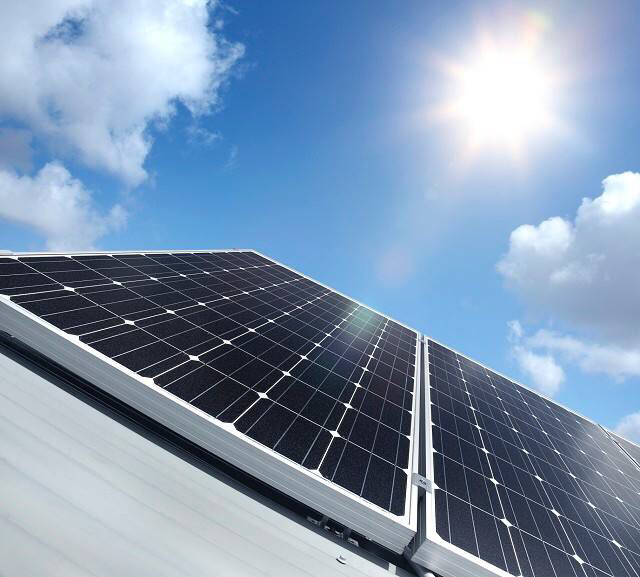
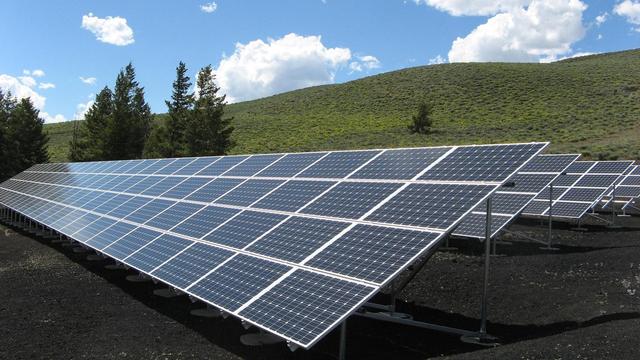
 Catalina
Catalina
 Gerente de ventas
Gerente de ventas